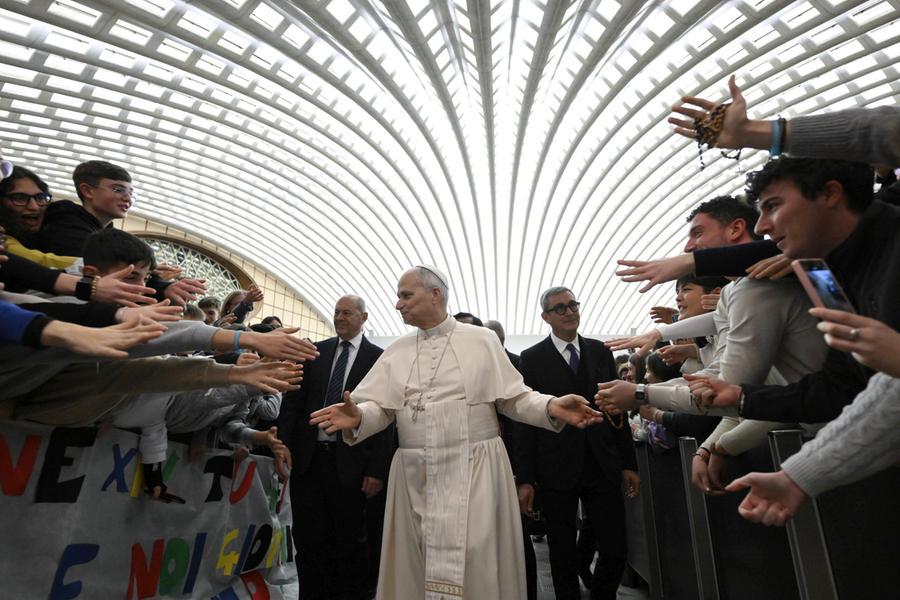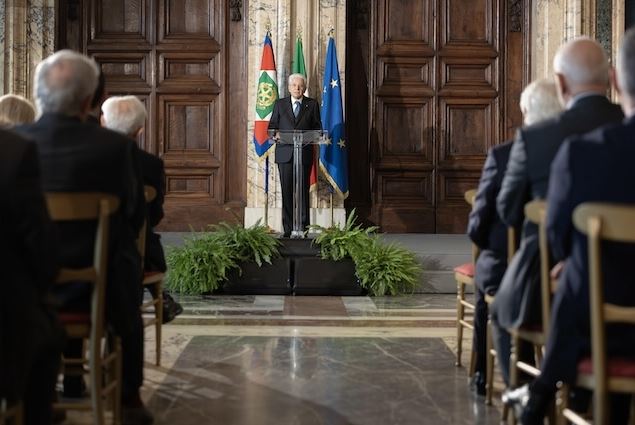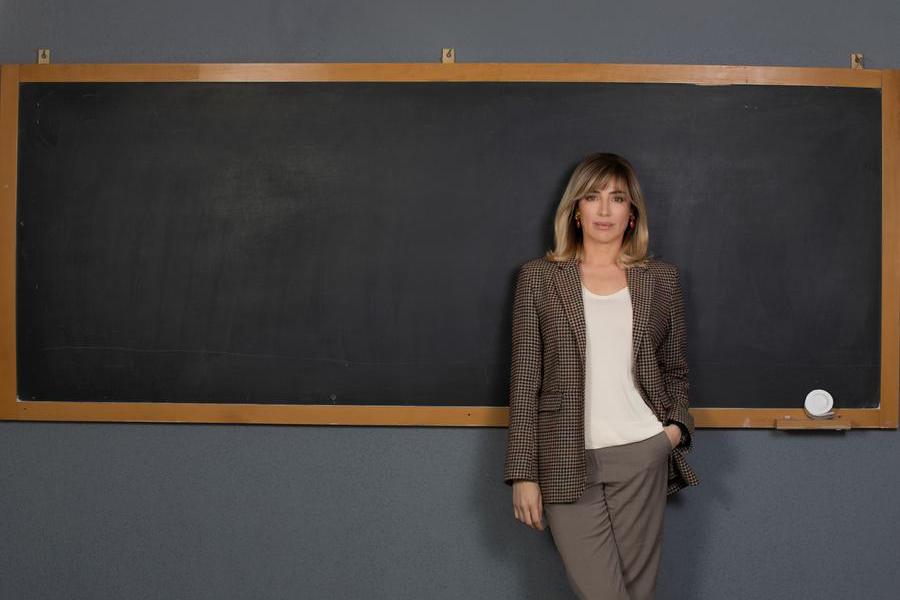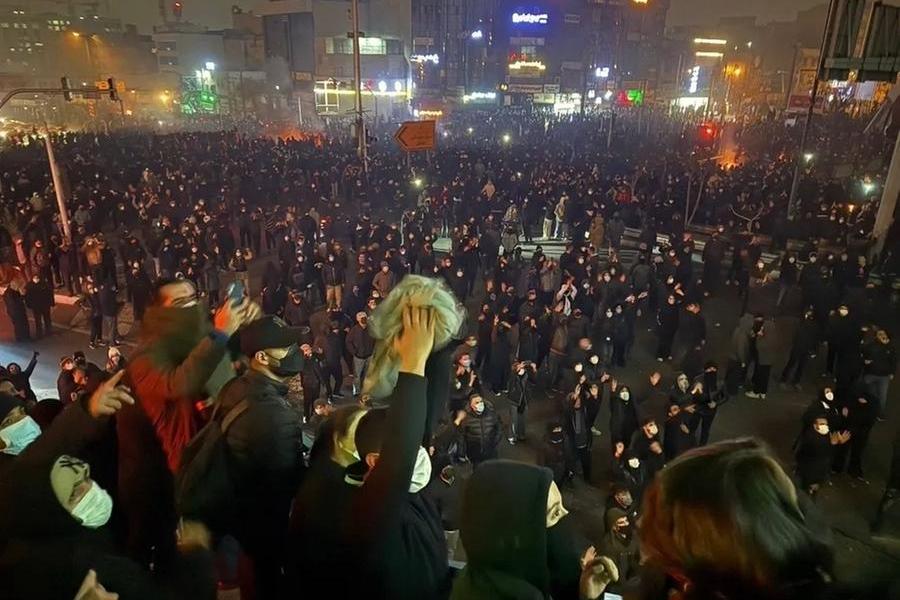Sergio Mattarella weighs his words on 17 October when talking about work – a topic that had already been the subject of the meeting with Pope Leo –on the occasion of the awarding of the Stars of Merit for Work for 2025, ensures that they fall in all their gravity on the contradictions of a Republic that defines itself from the first article of the Constitution as founded on work, but which struggles enormously to carry out the task of working to reduce inequalities, which Article 3 assigns to it: «Work», which is experiencing changes that must be governed, observes Mattarella, «today proceeds at different speeds. Diaphragms are created between categories, between generations, between male and female workers, between Italians and foreigners, between territories, between those who use advanced technologies and those who are not in a position to do so. The unity of work has been one of the most powerful factors in the economic, social and civil growth of our country.”
But it is a unity which, in the changes accelerated by Covid, risks disintegrating into significant inequalities. Even in the structure of salary categories: «What do you see, in the so-called upper levels of employment, prestigious, fulfilling, well-paid work and, in the so-called lower levels, unwanted forms of precariousness, suffered, sometimes beyond the limit of exploitation».
In recognizing that there are no easy recipes «for a world of work which is obviously conditioned by increasingly interdependent markets», he recalls the protection of article 36 of the Constitution: «A salary proportionate to the quantity and quality of his work and in any case sufficient to ensure a free existence for himself and his family and dignified.”
«It is a question”, reiterates the President, “that cannot be avoided because it concerns in particular the future of our young people, too many of whom are driven to emigrate. This path, often painful, is sometimes chosen due to the difficulty of finding work and, often, due to the low level of pay upon first entry into the world of work.”
He denounces the growth of «So-called “pirate contracts” (…) signed by poorly representative trade union and employer representatives, with real forms of contractual dumping which have the effect of reducing workers’ rights and protections, lowering wage levels, and causing unfair competition between companies».
All factors that contribute to increasing the gap between those who decide and those who work in companies, a topic on which Mattarella chooses the path of sharp clarity: «Many families are pushed below the poverty line despite the work of at least one of the members, while instead super managers enjoy salaries hundreds, or even thousands of times higher than those of company employees».
While: «It is the tax revenues of public and private employees, of pensioners, that provide the State, through taxes, with the greatest volume of resources».
«Providing shelter», he explains, «must not consist of pursuing welfare policies but, rather, a development choice».
Finally, he does not hide the underestimated concern about the impact of all this on social cohesion: “It seems, sometimes, that we do not fully realize the negative effects that can arise over time on the serenity of social life.”









